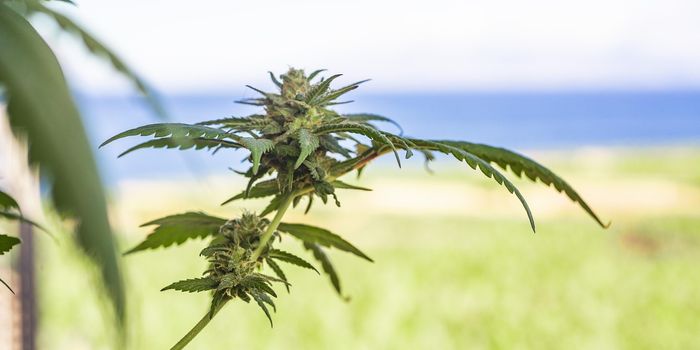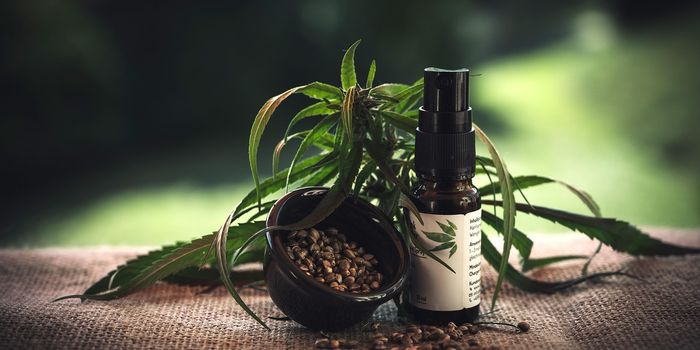Recreational Cannabis Laws and Binge Drinking Share Potential Connection
A recent study published in the International Journal of Drug Policy examines a potential connection between the passage of recreational cannabis laws (RCLs) and binge drinking in the United States, which holds the potential to help both scientists and legislators address how RCLs impact substance use other than cannabis.
hFor the study, the researchers used a combination of data from the National Survey on Drug Use and Health and model-based prevalences depicting past-month binge drinking pre-and post-RCL passage between 2008 and 2019 to examine past-month binge drinking habits on specific age groups: 12-20, 21-30, 31-40, 41-50, and 51 and over.
Between 2008 and 2019, the study’s findings indicated a 6.46 percent decline in binge drinking for the 12-20 age group and a 3.44 percent decline in binge drinking for the 21-30 age group. In contrast, the 31-40, 41-50, and 50 and over age groups experienced increases in binge drinking of 5.23 percent, 2.84 percent, and 3.47 percent, respectively.
When compared to the models, the researchers found a 4.8 percent decrease in prevalence difference with the 12-20 age group, a 1.7 percent increase with the 31-40 age group, a 2.5 percent increase with the 41-50 age group, and a 1.8 percent increase with the 51 and over age group. With the 21-30 age group, the researchers found zero RCL-related changes.
The researchers concluded that due to the positive correlation between the passage of RCLs and binge drinking with adults aged 31 and over and a decrease in binge drinking with age 21 and under, they stressed the importance of mitigating the impact of RCLs on binge drinking, especially as cannabis laws will continue to evolve over time.
“It is worth noting that cannabis legislation is complex, involving multiple policy decisions, including regulations of supply chain and operation: government monopoly, retail sales, legal home cultivation, advertisement, types of products distributed, prices, and taxes, and each state may have different policies when regulating recreational cannabis use,” said Dr. Silvia S. Martins, MD, who is a professor of epidemiology in the Department of Epidemiology at Columbia Mailman School, and a co-author on the study. “As the cannabis legislative landscape continues to change in the U.S., efforts to minimize harms related to binge drinking are critical.”
The increasing number of RCLs being passed across the United States has resulted in positive revenue up to $4.90 billion (California). However, this study demonstrates the increased risk of recreational cannabis having a negative impact on the use of other substances and comes after an April 2023 study examined the impacts of recreational cannabis on cannabis use disorder.
What new discoveries will researchers make between the passage of RCLs and their impacts on the use of other substances in the coming years and decades? Only time will tell, and this is why we science!
Sources: International Journal of Drug Policy, Substance Abuse and Mental Health Services Administration, EurekAlert!, Reuters, National Library of Medicine
As always, keep doing science & keep looking up!









